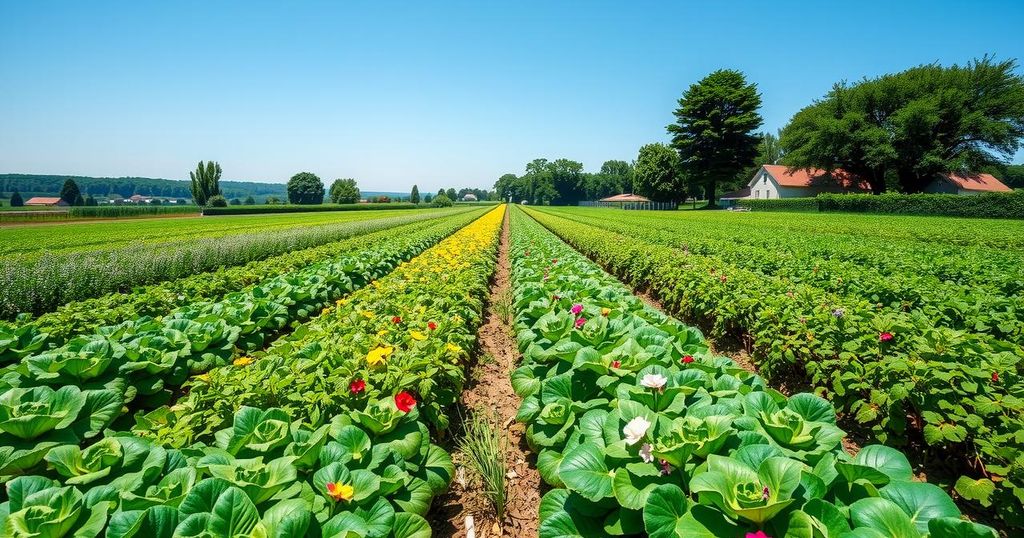Stop the Spread of Highly Hazardous Pesticides in Nigeria

- Nigeria faces severe risks from Highly Hazardous Pesticides (HHPs) in agriculture.
- Over 65% of pesticides in the country contain toxic ingredients harmful to health and environment.
- Pesticide residues are responsible for over 70% of food export rejections from Nigeria.
- An estimated 200,000 Nigerians die each year due to food poisoning linked to pesticides.
- Environmentally, HHPs threaten biodiversity and pollinators, worsening soil health.
Understanding the Dangers of Highly Hazardous Pesticides
The alarming rise of Highly Hazardous Pesticides (HHPs) in Nigeria has raised significant concerns regarding agricultural safety and public health among government officials, development partners, and the farming community. Every year, billions are allocated toward agricultural programs emphasizing chemical pesticides and fertilizers. However, it’s imperative to note that over 65% of the active ingredients in these pesticides are considered toxic, posing serious threats not only to human health but also to the ecological framework.
The Health and Environmental Threats Posed by HHPs
Health risks associated with the use of HHPs are staggering, linking them to a range of serious conditions like cancer, infertility, and neurological disorders. The impact spreads further—over 70% of Nigeria’s food exports are being rejected internationally due to pesticide residues. Moreover, a shocking 200,000 deaths annually from food poisoning have been recorded, with pesticides also playing a disturbing role in over 77% of suicide cases related to pesticide ingestion. The environmental degradation caused by HHPs is equally alarming, as they are known to kill vital pollinators, contaminate water sources, and disrupt biodiversity, ultimately compromising soil health.
Addressing Legislation and Regulation Gaps
Despite their recognized hazards, many of these Highly Hazardous Pesticides are still freely sold in Nigeria. The situation arises from inadequate legislation and lack of enforcement, which allow these banned substances to remain available on various platforms like Jumia and Konga. Even children and untrained individuals can access these lethal chemicals with alarming ease. The full list of HHPs that are still in circulation, some banned globally yet still present in Nigeria, serves as a wake-up call for the nation. To combat this, it is essential that stakeholders demand a new national pesticide strategy implemented before the end of Q3 2025 that aligns with global standards.
The critical need to halt the distribution of Highly Hazardous Pesticides in Nigeria demands immediate action from all fronts including government, health organizations, and the community. This calls for a collective legislative effort to support a new pesticide law that upholds international standards while simultaneously investing in educational programs about safer agricultural practices. Continued advocacy for cleaner pesticide regulations and consumer safety standards will not only safeguard public health but also improve Nigeria’s standing in the global agricultural market.







